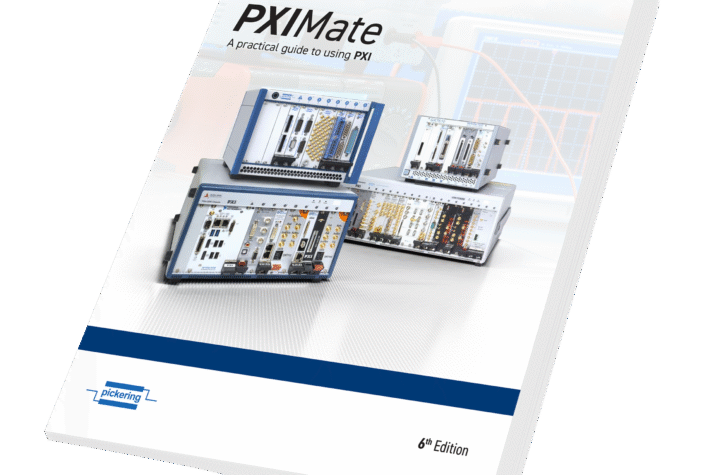
Retired GM co-chairman Bob Lutz, is now a member of the Board of Transonic Combustion which has demonstrated a unique fuel injection system that increases
gasoline vehicle MPG by 50% to 75% This coincides with President Obama’s new call for cutting combined car and heavy truck fuel use in half by 2025, which goes beyond the year 2016 35.5 MPG light vehicle standard and proposes new standards also be set for heavy trucks for the first time. While vehicle fuel efficiency gains can be a mix of many improvements, critical fuel injection, developed by Transonic, is fast gaining recognition as potentially the single most important advance in Otto engine combustion efficiency. It
also means simplification of diesel engine emissions controls and multi fuel operation of Otto engines. Some aspects of the situation.
– The catastrophic Gulf oil spill has become a wake-up call for yet further
increased energy conservation.
– Forecasts that the number of vehicles in use worldwide will more than double by
2050 add to the need for reduced energy use per vehicle.
– U.S. dollar outflow for imported oil continues to damage the domestic U.S. economy.
– World auto production capacity is expected to exceed sales for some time thereby intensifying competition for low energy use vehicle technology without excessive vehicle size reductions.
– Lower cost diesel emissions control technology is needed as offsets for
expensive new engine efficiency features.
– Engine multi fuel capability (use of gasoline, diesel fuel or mixtures) has
numerous advantages.
– Critical fuel combustion is based on heating fuel to about 700F prior to injection.
It then changes instantly into a gas, is ignited by compression heat, permits 16:1
or higher compression ratio with all fuels, operates misfire free out to 80:1 A/F
ratio, tolerates 50% EGR and reduces heat loss to combustion chamber walls by
very fast burn rate.
The best known current developer of critical fuel injection technology, Transonic Combustion, Camarillo, CA has reported achieving 65 MPG FTP highway with a 3200 lb, 2.2L car powered by a critical fuel engine. The firm has reported it will have a number of demonstration vehicles available in 3Q this year for testing. A Transonic spokesman said the firm will manufacture its unique fuel injectors and has put their cost at about equal to best current gasoline direct injection technology. This applies to robust engines able to tolerate diesel like compression ratios or high turbocharging.
Transonic has reported it is working with 3 major car makers; one each in Japan, U.S. and Germany plus one U.S. diesel engine maker. AUTOMOTIVE INDUSTRIES has sought comment on the system from a number of car makers none of whom have responded with one exception; a spokesman for Mazda’s R&D Planning Department said, “In search of the ideal, Mazda has begun to look into this technology as a possibility for future engine”. Considering auto industry competition to offer cost/effective high efficiency for all vehicle sizes, most auto makers likely have the system under review.
Among the unknowns is whether one or more of the established fuel injection component suppliers are also developing critical fuel combustion systems. The patent files indicate many efforts were made in recent decades to perfect heated (critical) fuel injection. An effort by Eaton Corp. in the 80s, for instance, showed promise but was stalled by problems with deposits from high temperature fuel in the injectors. Patent #7,444,250 issued to Transonic Combustion addresses this issue, said to be a cornerstone of the firm’s ability to attract venture capital investment for development and manufacturing.
Two patent attorneys are said to be working full time for Transonic. Dr. Chris de Boer was recruited over a year ago from Ricardo plc for the position of VP R&D at Transonic. In an interview at the recent SAE Congress in Detroit de Boer said, “Many ways have been found to improve vehicle fuel efficiency, but critical fuel is the first fundamentally new IC engine combustion system in a very long time”. Equally historic is coincidental gasoline/diesel/alcohol multi fuel capability with compression ignition.
Looking ahead, a unique near 100 MPG (FTP highway)’ car engine in a 4 passenger vehicle, may already be emerging. Khosla Ventures which is providing funding for Transonic critical fuel technology is also funding EcoMotors development of a unique boxer type engine said to offer 60% greater efficiency with 50% fewer parts and half the size and weight of conventional engines. The EcoMotors engine termed OPOC, has successfully completed 500 hour testing. It could also benefit from the fast, clean fuel burn characteristics of critical fuel combustion technology. [operation of the engine can be viewed at… www.ecomotors.com….] It will initially use diesel type injectors, however, in a 200-300 HP diesel engine application.
Separately, AUTOMOTIVE INDUSTRIES, has learned that Transonic is considering establishment of a sales and engineering office in Oakland County, Michigan at a cost of about $250,000. The firm has been offered $650,000 six year tax credit by the Michigan Economic Growth Authority in exchange for employing 25 people at the facility. June 30, 2011 is set as the date for start of job creation, after which the tax credit shrinks during the 6 year period. Transonic had not committed to the plan as of deadline for this report.












More Stories
Dürr and GROB concept battery factory uses 50% less production space
DuPont materials science advances next generation of EV batteries at The Battery Show
How Modern Power Management Enhances Connected Fleet Tech